
Inside an Afghan news network’s struggle to survive
Threats, insults, beatings, and censorship: Former Ariana News staffers detail dire challenges during a year under Taliban control For veteran journalist Sharif Hassanyar, the final breaking point came in September last year. The Taliban had ousted the elected government of Afghanistan President Ashraf Ghani almost a month earlier, and the last American soldiers had since…
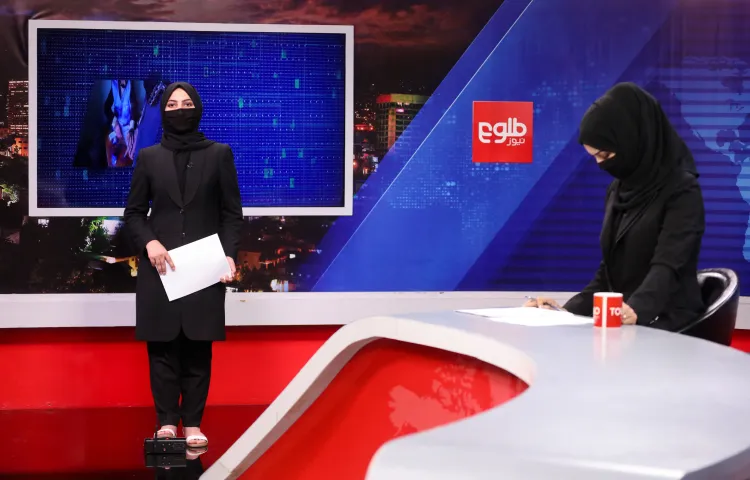
Afghanistan’s media faces crisis—and opportunity
Twelve months after the Taliban takeover, many Afghan journalists are out of work or on the run. Others try, very carefully, to challenge the powerful. The extreme distress that has gripped Afghanistan’s independent media since the Taliban seized power in Kabul on August 15 last year lands in my inbox—and the inboxes of many of…

Afghanistan’s intelligence agency emerges as new threat to independent media
On January 19, the Taliban’s General Directorate of Intelligence (GDI) publicly called on Afghan media to refrain from publishing and broadcasting what it termed “false news and baseless rumors.” The warning amounted to the first public acknowledgement of something that Afghan journalists already knew: a tough new cop was on the beat. The emergence of…
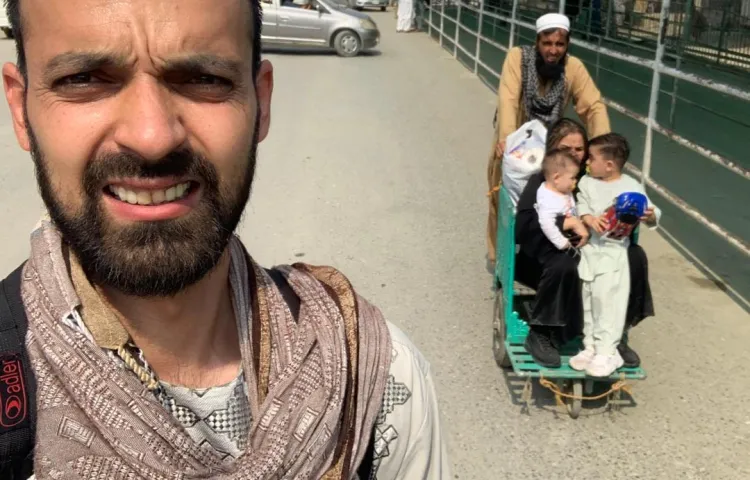
A jar of soil, a laptop, a handmade black coat: What Afghan journalists took into exile
In the frantic minutes before Naweeda Qayoumi fled her home in Afghanistan last September, she grabbed an empty plastic Vaseline jar and stepped into the garden to scoop a bit of soil from her homeland. She jammed the jar into the backpack she was taking into her unknown future with her husband, journalist Ghazanfar Hassanzada….
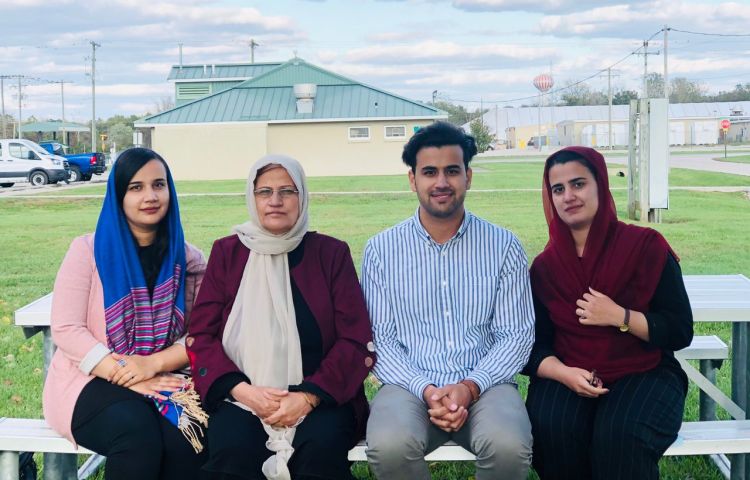
After a harrowing escape, a family of Afghan journalists prepares for a new life in the US
The day Kabul fell to the Taliban, was the “end of the line for us as journalists,” said Shiraz Noorani. That day, August 15, 2021, was when the Nooranis, a family of five current and former Afghan journalists, decided to flee the country. Four months later, four of the Nooranis — siblings Shiraz, Ghazal, and…
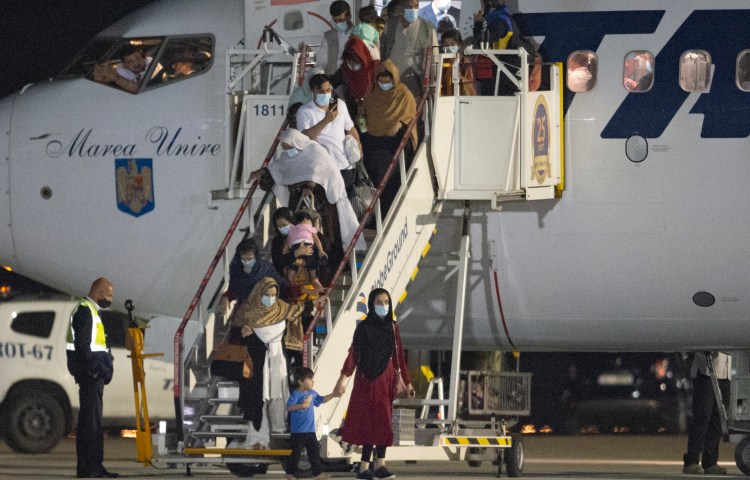
‘A lot of uncertainty and a lot of fear’: CPJ’s María Salazar Ferro on evacuating Afghan journalists
In Afghanistan, the situation is worsening for local journalists as Taliban fighters attack and detain journalists in the field and news outlets are shuttering amid restrictions and economic woes, according to local TV station TOLO News. As The New York Times has reported new details about the Biden administration’s mixed record on evacuating journalists, CPJ…
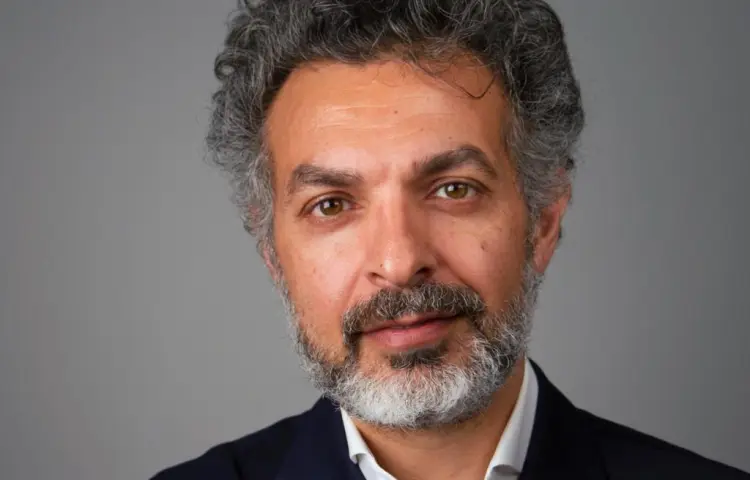
As staff flee, TOLO News vows to keep broadcasting from Afghanistan – for now
Saad Mohseni had a lot to worry about when the Taliban rolled into Kabul on August 15. Mohseni is CEO of the Moby Group, which owns and operates Afghanistan’s biggest news and entertainment networks, TOLO News and TOLO TV. The company’s 400 employees would have to adapt one way or another to the nation’s new,…
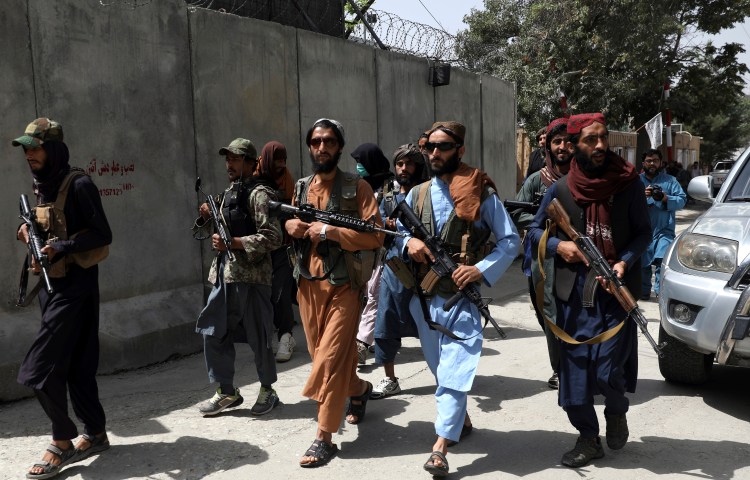
‘Complex, fast changing, and extraordinarily dangerous’: PBS’ Jane Ferguson on the ground in Kabul
Jane Ferguson, a correspondent for PBS NewsHour and contributor to The New Yorker magazine, landed in Kabul on August 15, just as the government of Afghan President Ashraf Ghani was collapsing and the Taliban began to enter the city. Ferguson told CPJ that covering the swift and unexpected changing of the guard in Kabul is…
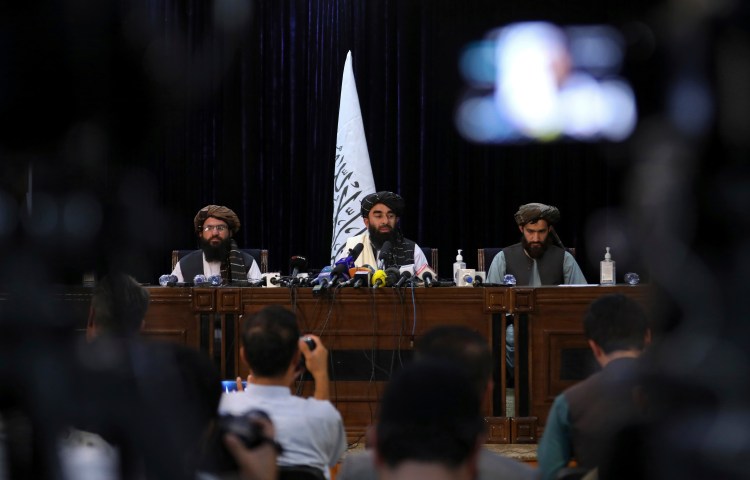
Afghan female journalist: I may not be alive by the time US can evacuate me
Steven Butler describes it as “mass panic.” As the Taliban seized control of Afghanistan, CPJ’s Asia program coordinator has been fielding “hundreds and hundreds” of daily pleas from journalists asking for help to flee the country. Butler, along with CPJ Asia research associate Sonali Dhawan and the organization’s Emergencies team, are now in the process…
